|
LISTEN TO THIS THE AFRICANA VOICE ARTICLE NOW
Getting your Trinity Audio player ready...
|
Liberia Presidential Election Heads to Run-Off
In a neck-and-neck race, Liberia’s two frontrunners, President George Weah and opposition leader Joseph Boakai, will face off in a run-off election on November 14th. Both candidates fell short of the 50% plus one vote needed to win in the first round, with Weah receiving 43.83% and Boakai receiving 43.44%.
The run-off is a test of support for Weah, a former soccer star who was elected president in 2018. He has been criticized for not doing enough to tackle corruption and for failing to revive the country’s economy. However, he remains popular among many Liberians, who admire his charisma and his promises to create jobs and improve living standards.
Boakai, a longtime politician who served as vice president under Ellen Johnson Sirleaf, is campaigning on a platform of change. He has accused Weah of mismanagement and corruption, and he has pledged to clean up the government and improve the lives of ordinary Liberians.
The run-off election is taking place against the backdrop of a struggling economy and high levels of poverty. Liberia is still recovering from two civil wars and a deadly Ebola epidemic. The outcome of the election will have a significant impact on the country’s future.
EU Imposes Sanctions on Niger Military Junta
The European Union has taken steps to sanction members of Niger’s military junta who seized power in a coup three months ago.
In a statement released on Monday, the EU Council announced that it had “adopted a framework” that will allow it to impose sanctions on “individuals and entities responsible for actions that threaten the peace, stability and security of Niger”.
The sanctions will apply to individuals who undermine Niger’s constitutional order, democracy or rule of law, as well as individuals who commit human rights violations or abuses.
The sanctions will include travel bans, asset freezes and bans on the provision of funds to sanctioned individuals.
The EU foreign policy chief, Josep Borrell, said that the decision was intended to “strengthen the EU’s support to [West African bloc] Ecowas’ efforts and send a clear message: military coups bear costs.”
The EU, however, said that it would allow humanitarian exemptions to asset freeze measures.
The European move follows the imposition of sanctions on Niger by Ecowas and the suspension of aid by the US government.
US Cuts Off Financial Assistance to Gabon, Citing Coup
The US has suspended most of its financial assistance to Gabon in response to a military takeover there two months ago. This follows the State Department’s formal establishment that a coup took place, which under US law requires an end to non-humanitarian aid.
Humanitarian, health, and educational assistance to Gabon will continue, but other forms of aid, such as economic development and security assistance, will be paused until the transitional government takes concrete actions toward establishing democratic rule.
Last month, the US said it paused some foreign assistance programs that were benefiting the Gabonese military government.
Mutinous soldiers led by General Brice Oligui Nguema overthrew Ali Bongo Ondimba in August, just as he was proclaimed the winner of a widely-criticized election. The junta appointed Raymond Ndong Sima, who had been an opposition leader, as Gabon’s prime minister.
The military has pledged to oversee free and fair elections, but has not yet released polling dates.
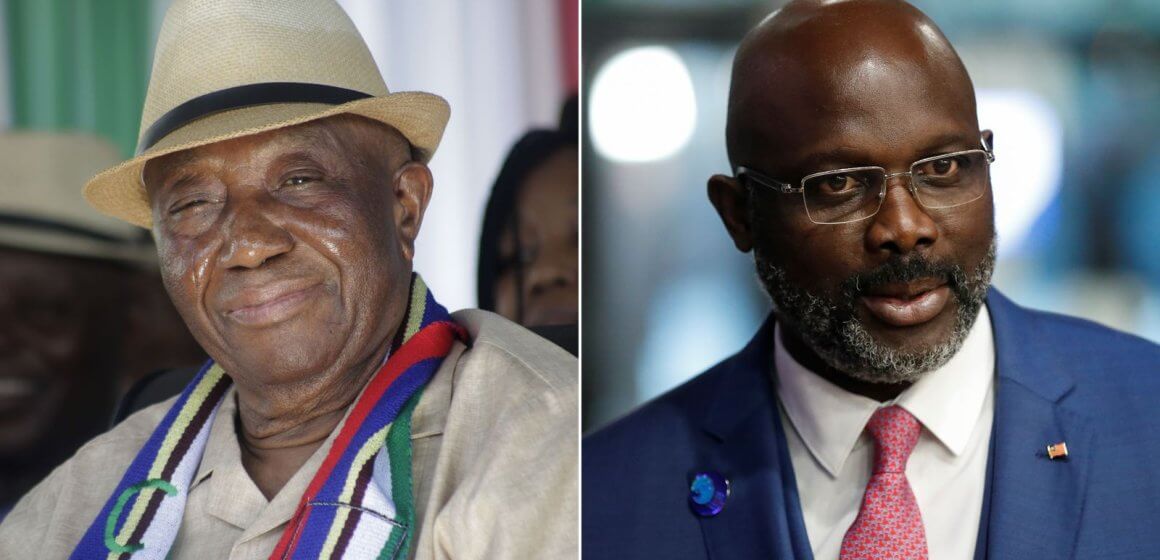









































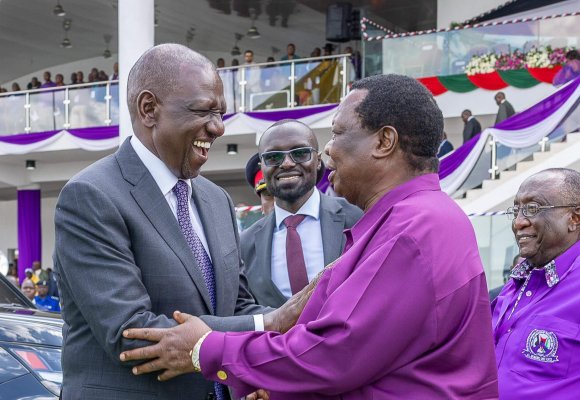
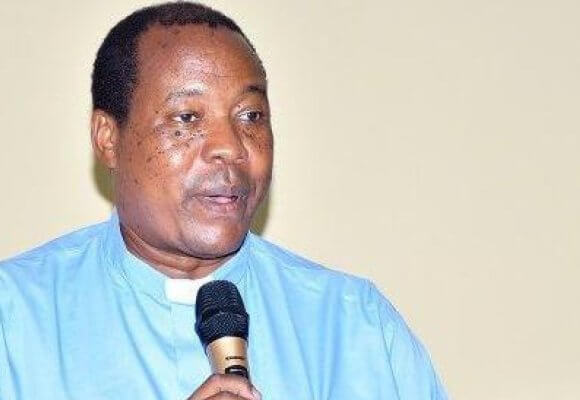
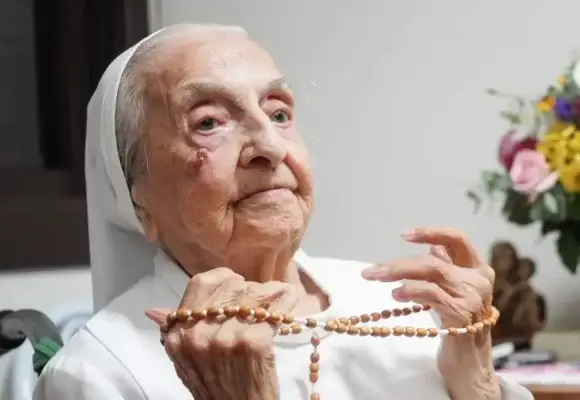



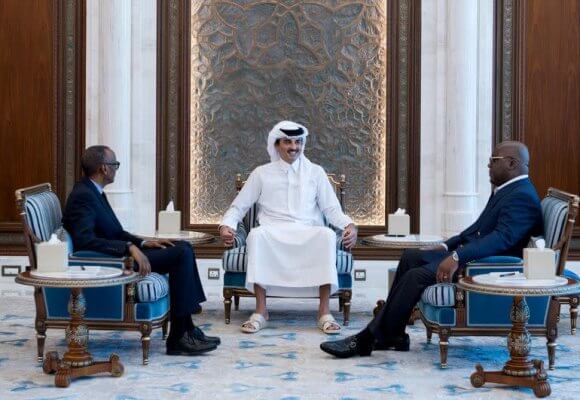
LEAVE A COMMENT
You must be logged in to post a comment.